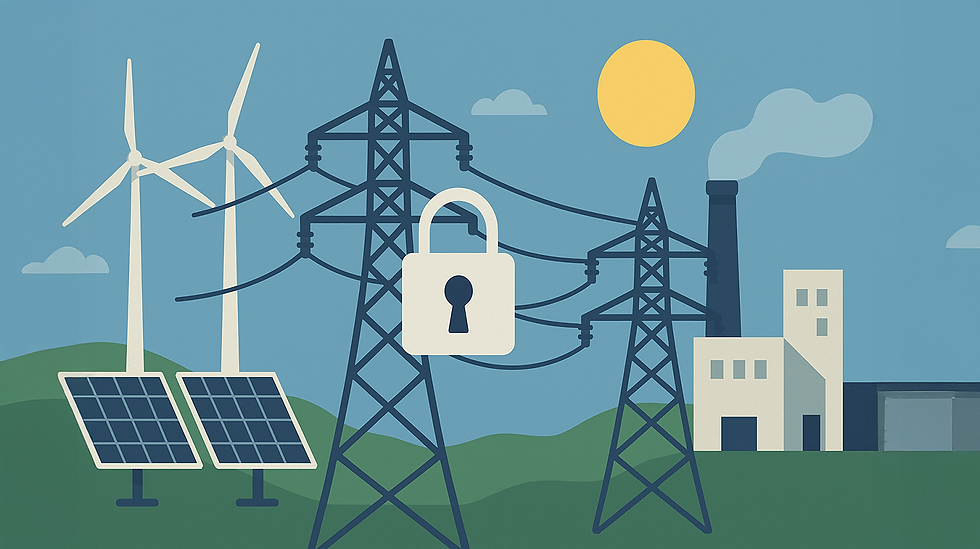The Importance of Ocean Literacy
- Yaein Choi

- Mar 1, 2024
- 2 min read
Ocean literacy is not just about understanding the science of the oceans, but also about recognizing the influence of the oceans on you and your influence on the oceans. In today's rapidly changing global climate, the importance of ocean literacy has never been more critical. This understanding is vital for the conservation of our blue planet, and it empowers individuals to make informed decisions regarding the environment. Through this blog post, we will delve into the significance of ocean literacy and why it should be a global priority.
Firstly, the oceans cover more than 70% of the Earth's surface and play a crucial role in regulating the global climate. They produce over half of the world's oxygen and absorb carbon dioxide from the atmosphere, thereby reducing the impact of climate change. However, the lack of ocean literacy means that many people are unaware of the vital role that oceans play in their daily lives, including weather patterns, climate, and the air we breathe. Educating people about these connections is essential for fostering a deeper respect and understanding for the oceans, encouraging more sustainable lifestyles.
Moreover, ocean literacy highlights the interconnectedness of ecosystems and the importance of biodiversity. The ocean is home to a vast array of life, much of which remains unexplored and understood. This biodiversity is not only fascinating but also essential for the health of the planet. For example, marine plants and organisms contribute significantly to the Earth's biodiversity and are key players in the food web. Understanding these relationships and the value of marine ecosystems can motivate individuals and communities to advocate for ocean conservation and sustainable use of marine resources.
Ocean literacy also has significant implications for the economy. Many industries, including fishing, tourism, and shipping, rely heavily on the ocean. Knowledge and understanding of marine environments can lead to better management practices that ensure the sustainability of these industries. For example, sustainable fishing practices can help preserve fish populations for future generations, while understanding the importance of coral reefs can boost eco-tourism and support local economies. Therefore, promoting ocean literacy can also be seen as an investment in the future economic stability of communities around the world.
Lastly, ocean literacy empowers individuals to become part of the solution to marine challenges. With increasing issues such as ocean acidification, plastic pollution, and overfishing, informed citizens can make a difference. Whether it's through making sustainable seafood choices, reducing plastic use, or advocating for marine protected areas, every action counts. Ocean literacy equips people with the knowledge and skills to take meaningful action to protect our oceans, ensuring their health for future generations.
In conclusion, the importance of ocean literacy extends far beyond the realms of education and science. It is a critical tool for environmental conservation, economic sustainability, and societal well-being. By increasing awareness and understanding of our oceans, we can inspire a global community of informed citizens ready to act in favor of our planet's largest and most vital ecosystem. As we move forward, let us all strive to become more ocean literate and take steps to ensure the health and prosperity of our oceans for generations to come.




Comments